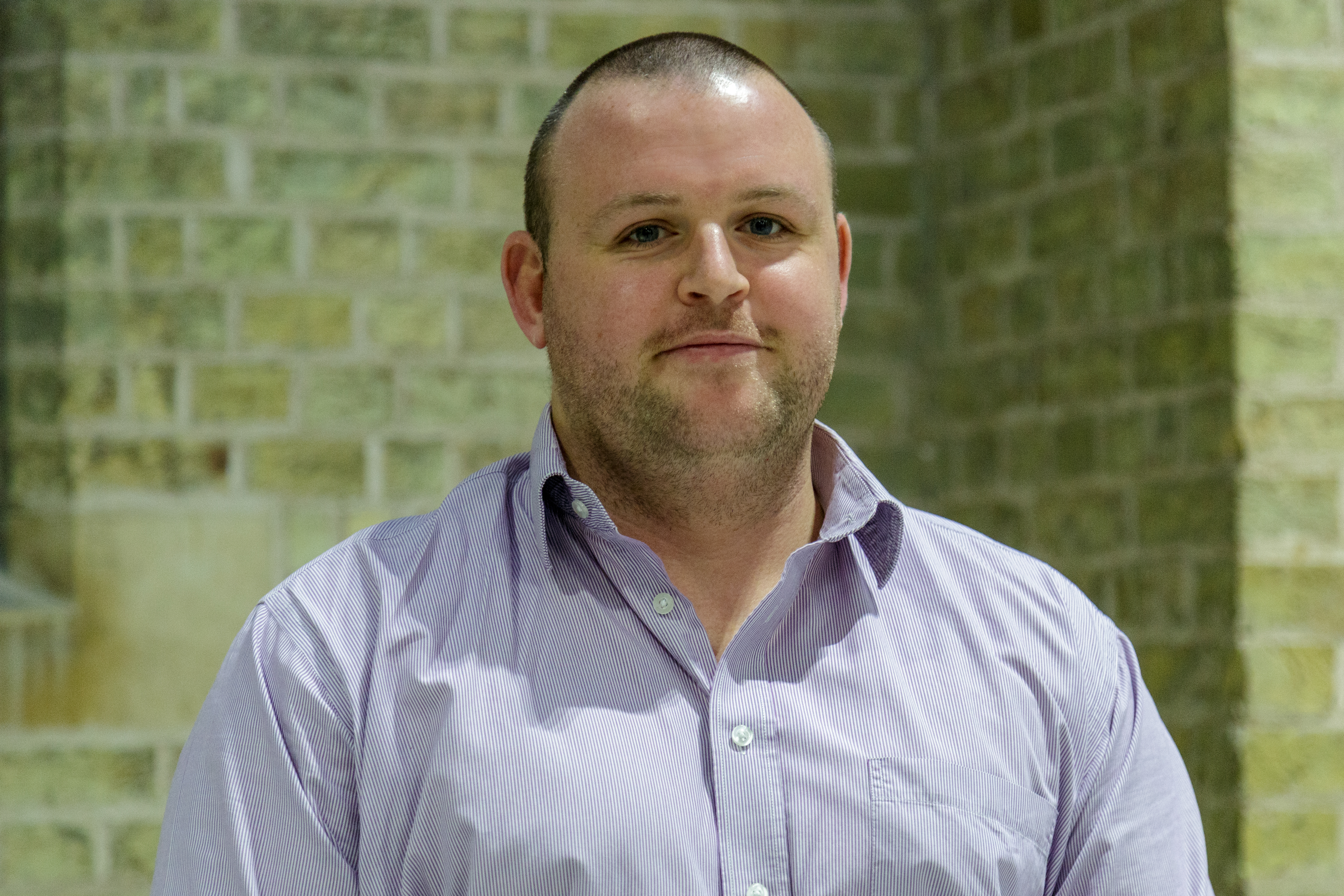
NHS clinicians have access to many different investigations and treatments for patients. Through years of work in different clinical specialties, we become aware that both investigations and treatments carry inherent deficiencies. They may be expensive, uncomfortable for the patient, time-consuming or ineffective. Most of the clinicians I have worked with, in my capacity as a hospital doctor and GP, have had some sort of a “Eureka” moment where they have realised a way of improving an aspect of the clinical system they work in. I think if you have worked in a niche environment for many years and you come up with an improvement, the chances are it probably is going to be a good idea!
The problem is, we don’t know what to do with an idea when we have one, and in most cases we don’t have the expertise, time or financial backing to drive our idea forward. Unfortunately, clinical training does not facilitate product development. Due to this, the idea is lost, and in my opinion one of the great travesties of the NHS is the lack of innovation coming out of front line staff. Without an infrastructure to support development, innovation is destined to fail.
As an example, through my work as a hospital doctor, I designed multiple new medical devices based on mine and my colleagues’ experiences on the wards. Designs which everyone I worked with thought were an improvement on the current system. I had to work on these in evenings and weekends, on top of my clinical work. Every time I contacted a relevant company with designs and ideas I was pushed back and the reasons were always the same: “you don’t have a patent”, “we don’t sign non-disclosure agreements”, “we already have the major market share, why would we change our design?”. It seems improving patient care is an afterthought to many of the healthcare manufacturers.
I did however have a stroke of good fortune. I managed to secure two days per week funding to work on some projects at Exeter University with a Professor of Experimental Medicine. Instantly, we realised we worked well together. He knew biochemically how to answer questions, but clinically didn’t know if they would be relevant. I knew clinically what would benefit healthcare, but didn’t have a clue how to prove it. Putting this together, we started working on clinically relevant biochemical projects, and are now currently developing novel diagnostics and therapeutics.
Off the back of this work came a very non-medical idea. The idea was a way of increasing the shelf life of plants by having a chemically active packaging. We made a prototype and we proved it worked well in our tests. This work was carried out at The Watercress Company in Dorchester, the UK’s largest producer and distributor of watercress. In our very rough prototypes, our chemically active packaging almost doubled the longevity of sealed bagged cress from its normal 7-9 day post-harvest shelf life. We knew straight away this had huge implications for reducing waste and accessing new markets in the cress world, but what about all the other fruit and vegetable producers worldwide? We realised the huge implications were far beyond our scope of expertise. We were then in the same position I had been in many times before. We had a great idea, we had some proof it worked, but where do we go from there? At the time, neither of us were trained in business development, market research, intellectual property or any of the things needed to take this forward.
By this time I was an NHS England Clinical Entrepreneur Fellow, something I secured during my time trying desperately to pitch my medical device ideas to uninterested companies. Through the mailing list I was made aware of the University of Cambridge Judge Business School’s EnterpriseTECH PhD+ programme delivered by the School’s Entrepreneurship Centre.
I was successful in my application as an inventor, with the project being this idea for packaging. My project team were a group of six extremely bright students and an experienced businessman. I explained at the start the project I didn’t know what I needed to do to get this to market. Over a 3 month period we worked together with meetings and Skype calls, until the results night when I was presented with my full commercial and economics viability report, with advice and key recommendations for consideration when moving forward and suggested next steps. This document, as per the contract of the EnterpriseTECH course, was free of charge to me and I retain all of the intellectual property. For me to have this prepared commercially would have cost a fortune. This is an extraordinary arrangement. I would also like to stress, over the 3 months working with my team I became much more savvy about business and product development, so not only did I get a valuable document, I also furthered my own learning and felt like I was on the course myself!
Subsequently, this product idea is now being prototyped by a company who we were introduced to by the project supervisor, a vital contact that without EnterpriseTECH we would not have had. The information provided in the commercial report is such compelling and thorough evidence that our industrial partner immediately came on board. I now realise this is what I have been lacking in all my other product development endeavors. My good ideas aren’t supported by evidence… yet!
Some of the students I worked with are keen to remain involved despite their contractual obligations finishing, and it’s clear they care about this work, and having spent three months working on the project they have a sense of ownership and want this to succeed. I’m delighted to have stirred up this interest, and I still find myself asking them for advice, as experts in my own idea! They still remain a really useful resource and in my eyes, important collaborators.
At this stage, while the packaging project is being prototyped, I have successfully submitted a new project to the programme and am looking forward to being an inventor on this too. The new project is a true novel medical diagnostic device, a method for rapidly detecting bacterial gastroenteritis and informing antibiotic usage, which could clearly be used within the NHS and other international markets. My excitement about this is using the promised commercial viability report to inform larger Innovate UK or similar funding to get this product developed, and collaborating with industry. This is my challenge to the team, what do I need to know to inform a large funding application? If we are successful, then we have a method for NHS staff to have their fantastic ideas developed, and we may be able to stimulate NHS-borne clinical innovation, which would be an incredible achievement.
Much of the information provided in these documents is pertinent to higher funding such as intellectual property landscape, market analysis, key stakeholders etc, so it’s easy to see why applying to EnterpriseTECH as an inventor is a no-brainer!
Tying this back into my first steps into innovation, EnterpriseTECH provides an opportunity to develop products safe in the knowledge there is no financial cost or loss of IP, and I think that is a really special opportunity. We must also remember the cohort of bright students who themselves benefit immensely from the experiential learning while undertaking these projects. I would absolutely encourage budding entrepreneurs with great ideas but who maybe haven’t had business experience, to apply to this programme. Much how my Professor and I complement each other’s knowledge, EnterpriseTECH merges the inventor’s specialist experience with their own brand of commercial study.
I really hope EnterpriseTECH-style programmes can be disseminated elsewhere in the country to increase the numbers who can benefit, and I’m thoroughly looking forward to my next exciting project with my team.
I’m happy to be contacted if anyone would like to discuss this article.




Leave a Reply